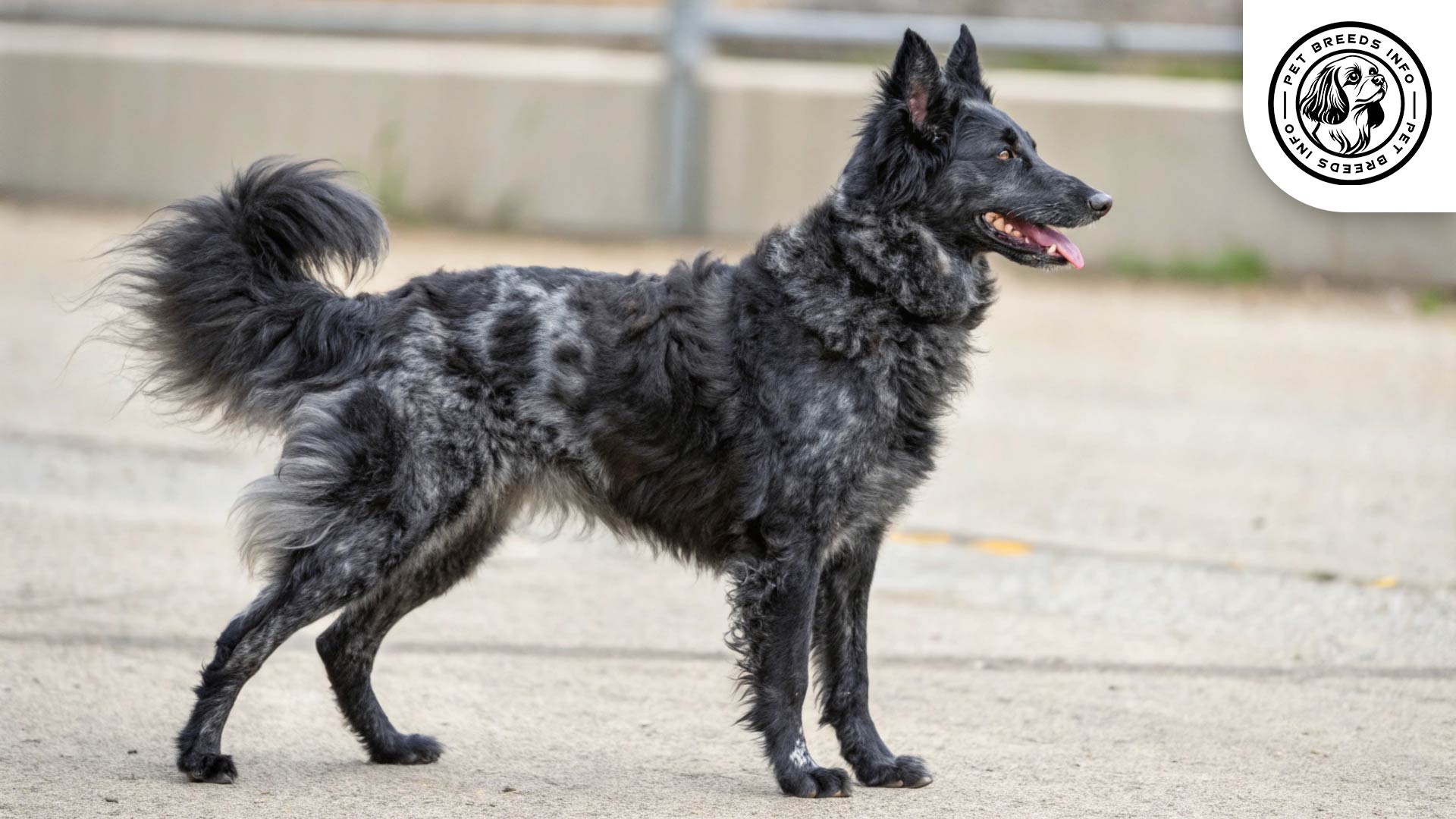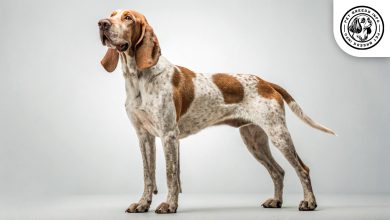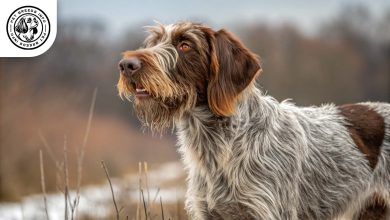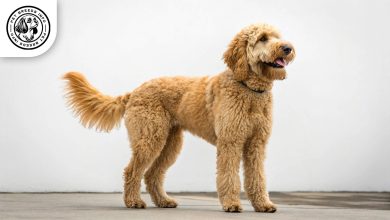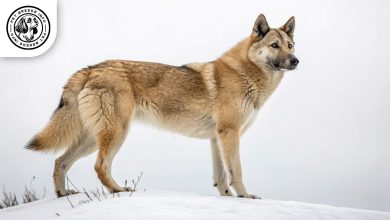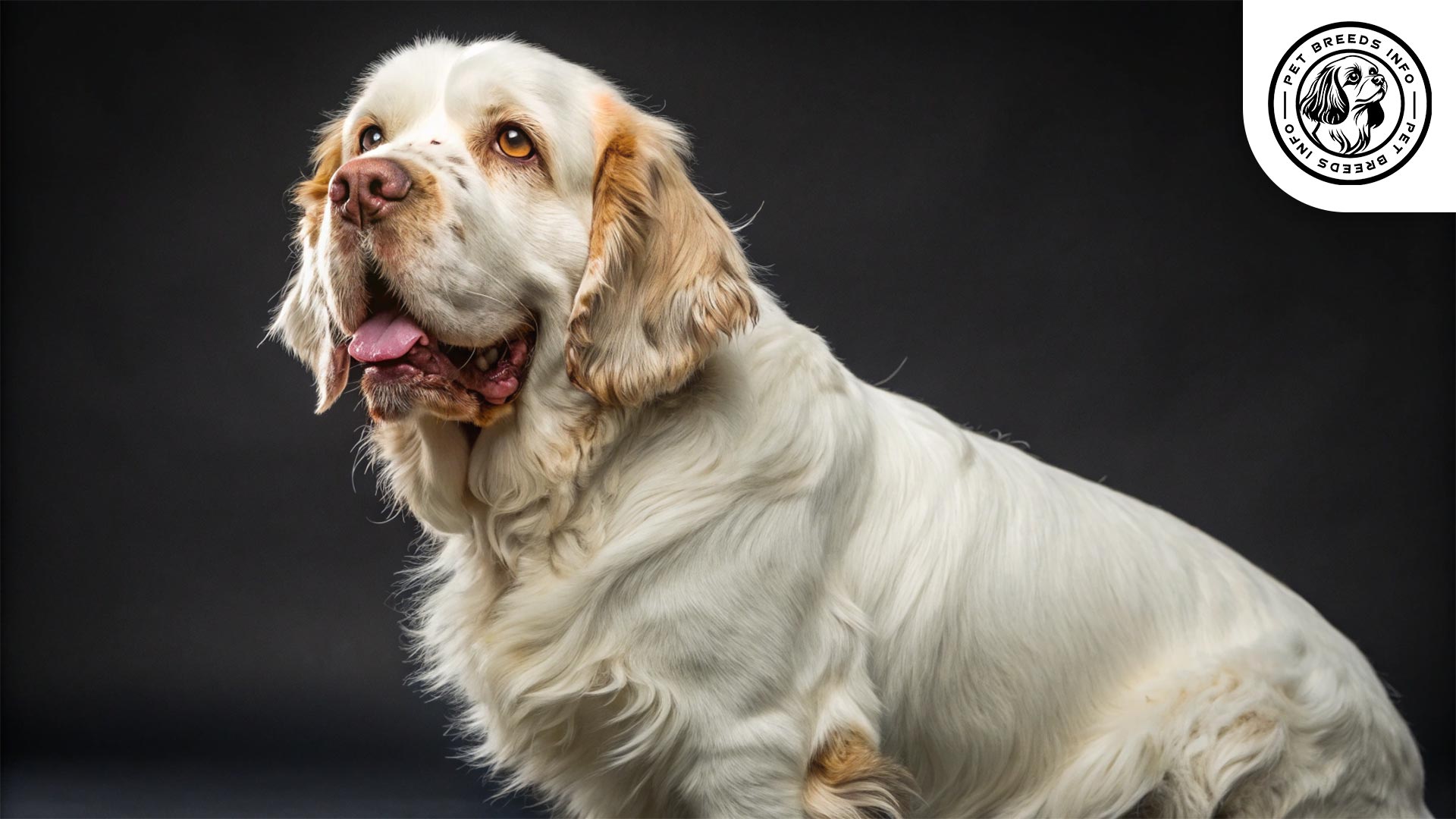Mudi Dog Breed: Size, Health, Price & Personality
General Introduction of the Breed
The Mudi is a versatile and intelligent herding dog from Hungary. In Hungarian, it is called “Mudi.” This medium-sized breed is highly valued for its agility, work ethic, and loyalty.
The Mudi originated in Hungary, where it was developed as a herding and farm dog. It has been used for centuries to tend livestock, guard property, and serve as a reliable companion to farmers. Officially recognized in the 20th century, it remains a rare breed today.
Table of Contents
| Weight | Males: 18-29 pounds (8-13 kg), Females: Slightly smaller |
| Lifespan | 12-15 years |
| Diet | High-quality dry kibble, wet food, or raw diet. Avoid chocolate, onions, garlic, grapes, and bones that can splinter. Two meals per day. |
| Care | Daily exercise (long walks, running, agility training). Weekly brushing. Regular nail trimming, ear cleaning, and dental care. Adaptable to moderate climates. |
| Health | Generally healthy, but prone to hip dysplasia, epilepsy, and eye disorders. Routine vet checkups and vaccinations are essential. |
| Color | Black, white, fawn, brown, gray, and merle. |
| Nature | Intelligent, eager to learn, energetic, loyal, affectionate, protective, good with children and other pets (with early socialization). Herding instincts. |
| Price | $1,000 to $2,500 (depending on breeder, location, and pedigree). Adoption options may be available. |
Physical Characteristics
The Mudi is a medium-sized breed with a well-proportioned and muscular body. Males typically stand between 15-19 inches (38-48 cm) tall and weigh 18-29 pounds (8-13 kg), while females are slightly smaller.
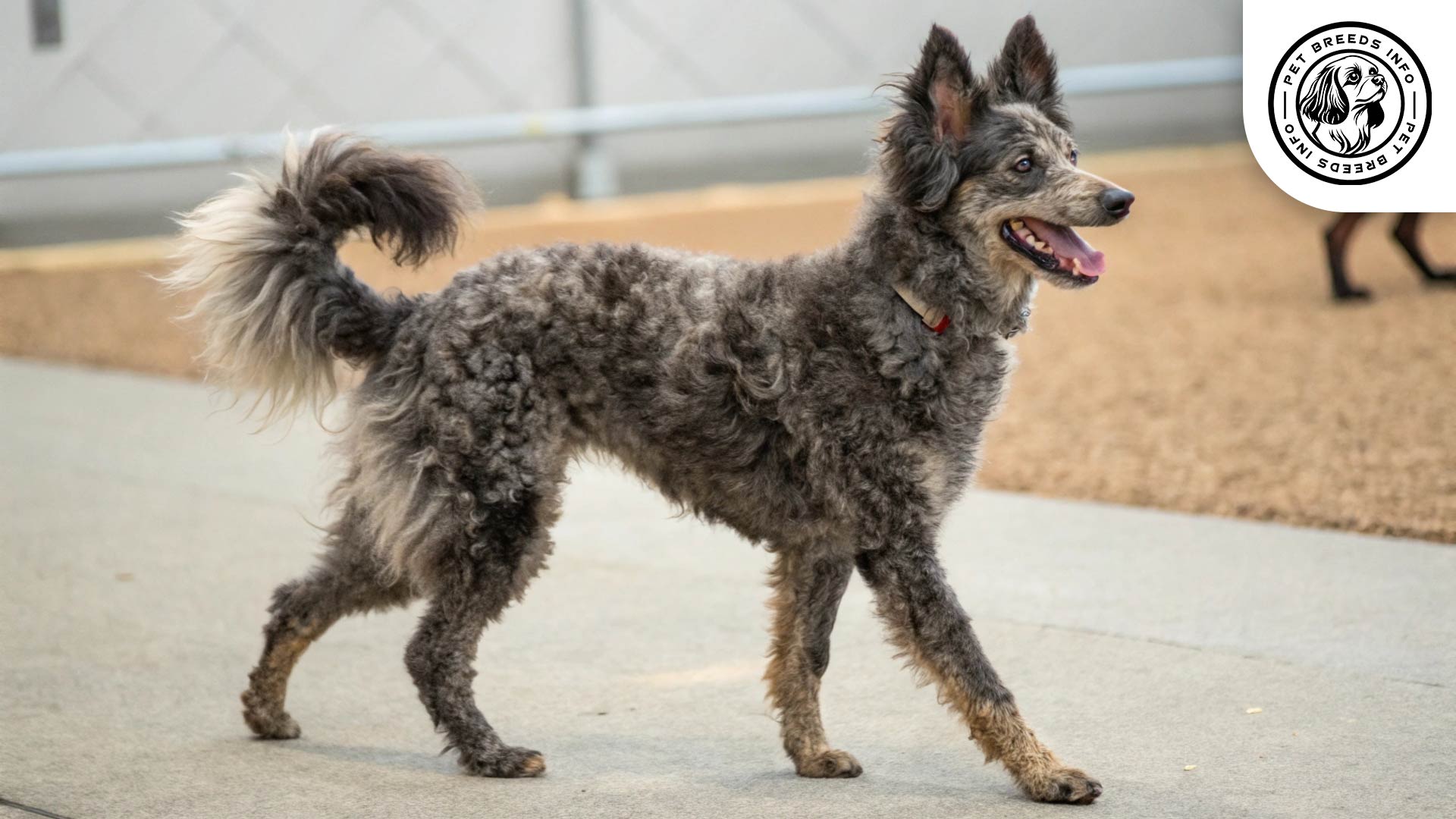
Its coat is wavy or curly, medium in length, and comes in various colors, including black, white, fawn, brown, gray, and merle. The breed’s eyes are almond-shaped and can range in shades of brown, depending on coat color.
The Mudi’s ears are upright and pointed, giving it an alert and expressive appearance. The tail can vary from naturally short to long with a slight curve.
Read More: Lithuanian Hound Dog
Personality and Temperament
The Mudi is highly intelligent and eager to learn, making it an excellent working and companion dog. It has abundant energy and requires regular physical and mental stimulation to stay happy.
This breed is known for its deep bond with its owner. It is affectionate and protective but not overly clingy. Mudis are generally good with children and other pets if properly socialized from an early age.
They have some herding instincts and may try to herd smaller animals or children. While adaptable, they are sensitive to sudden changes in their environment and require consistent, structured training.
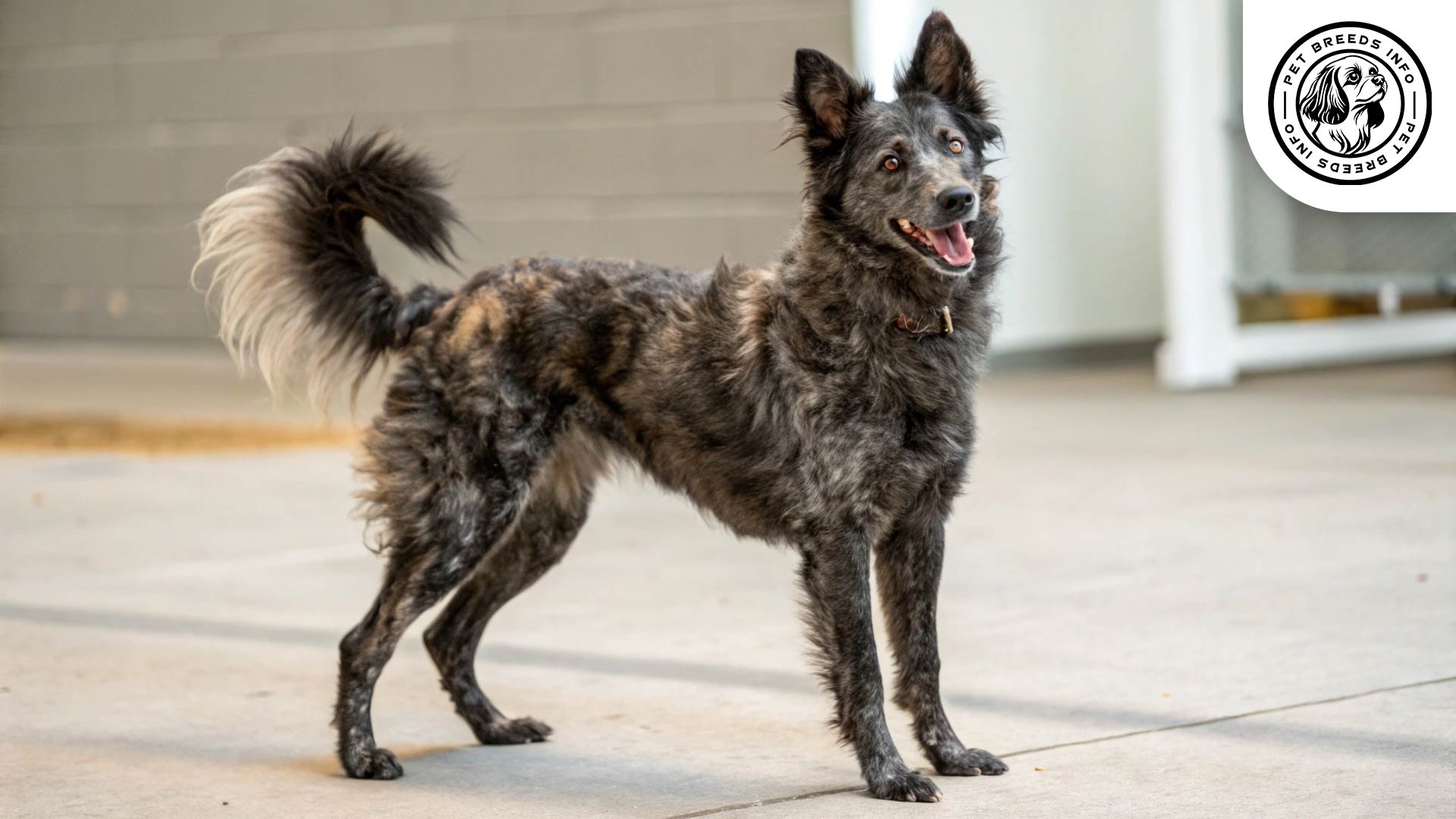
Care and Maintenance Requirements
Due to its high energy, the Mudi needs daily exercise, such as long walks, running, or agility training sessions. It thrives in active households and is not well-suited for apartment living unless provided with sufficient exercise.
The breed’s coat is low-maintenance, requiring brushing only once or twice a week to prevent tangles and remove loose hair. Mudis shed moderately but are generally clean dogs. Regular hygiene care includes nail trimming, ear cleaning, and dental care.
The Mudi is adaptable to various climates but may require extra care in extreme heat or cold. It prefers moderate weather conditions.
Diet and Nutrition
A balanced diet consisting of high-quality dry kibble, wet food, or a raw diet is suitable for the Mudi. Protein-rich food helps maintain its active lifestyle.
Owners should avoid giving foods like chocolate, onions, garlic, grapes, and bones that can splinter. Portion control is important, with two meals per day being the ideal feeding schedule.
Read More: Korean Jindo Dog
Health and Common Medical Issues
The Mudi is generally a healthy breed but may be prone to certain genetic conditions such as hip dysplasia, epilepsy, and eye disorders.
The average lifespan of a Mudi is between 12-15 years. Routine vet checkups, vaccinations, and preventive care are essential to maintaining good health.
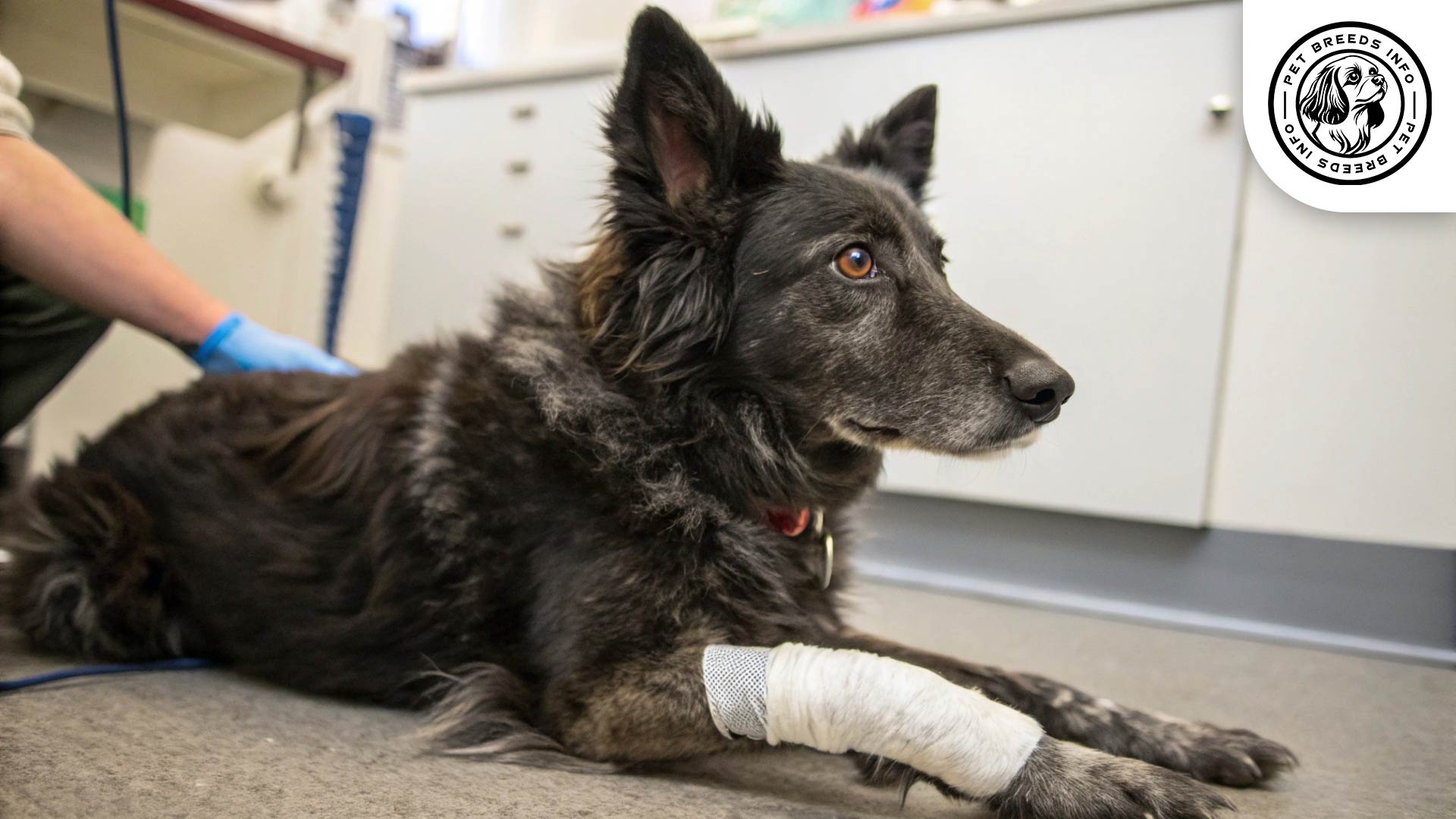
Training and Behavior Management
The Mudi is highly trainable due to its intelligence and willingness to please. It responds well to positive reinforcement techniques such as treats, praise, and play.
Early socialization is important to prevent shyness or excessive guarding behavior. Consistency and patience are key when training this energetic breed. Obedience training, agility sports, and herding games are excellent outlets for their intelligence.
Interaction with Other Animals and Humans
Mudis are generally friendly and affectionate with their families, making them great companions for children. However, they should be supervised around younger kids due to their herding instincts.
The breed gets along well with other pets if introduced properly from an early age. While they can be independent at times, they form strong attachments to their owners and may experience separation anxiety if left alone for long hours.
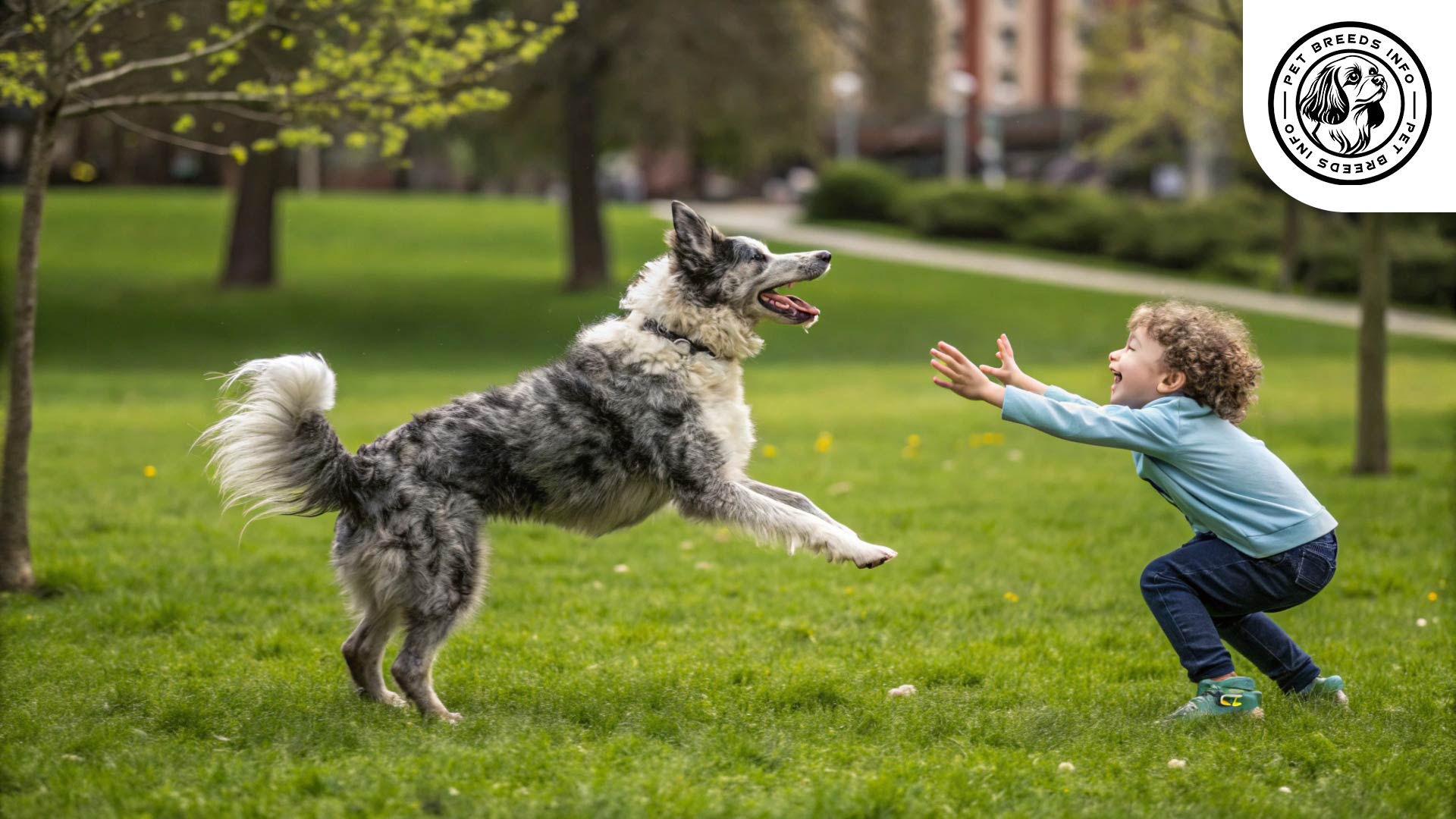
Price and Availability
The Mudi is a rare breed, and its price can range from $1,000 to $2,500 depending on the breeder, location, and pedigree. Adoption options may be available through breed-specific rescue organizations.
When purchasing a Mudi, it is essential to choose a reputable breeder who performs health screenings and genetic testing. Avoid puppy mills or backyard breeders that do not provide proper care.
Read More: Hamiltonstovare Dog
Conclusion and Final Thoughts
The Mudi is an exceptional breed for active individuals or families who can meet its physical and mental needs. It thrives in a structured home where it receives plenty of exercise, training, and companionship.
While intelligent and affectionate, potential owners should consider the breed’s exercise requirements and sensitivity to environmental changes before making a decision.
If you’re looking for a devoted, energetic, and intelligent herding dog, the Mudi might be the ideal companion for you.
FAQ
What is the Mudi breed known for?
The Mudi is known for its versatility, intelligence, and herding abilities. They are energetic, loyal, and make excellent working and companion dogs.
What are the common health issues in Mudi dogs?
While generally healthy, Mudis may be prone to genetic conditions such as hip dysplasia, epilepsy, and eye disorders. Routine vet checkups and genetic testing are important.
What kind of care does a Mudi require?
Mudis need daily exercise, such as long walks or agility training. Their coat is low-maintenance, requiring weekly brushing. Regular nail trimming, ear cleaning, and dental care are also necessary.
Is the Mudi good with children and other pets?
Yes, Mudis are generally good with children and other pets if they are properly socialized from an early age. However, their herding instincts may require supervision around younger children.
How much does a Mudi puppy typically cost?
The price of a Mudi puppy can range from $1,000 to $2,500, depending on the breeder, location, and pedigree. Adoption options may also be available through breed-specific rescues.
